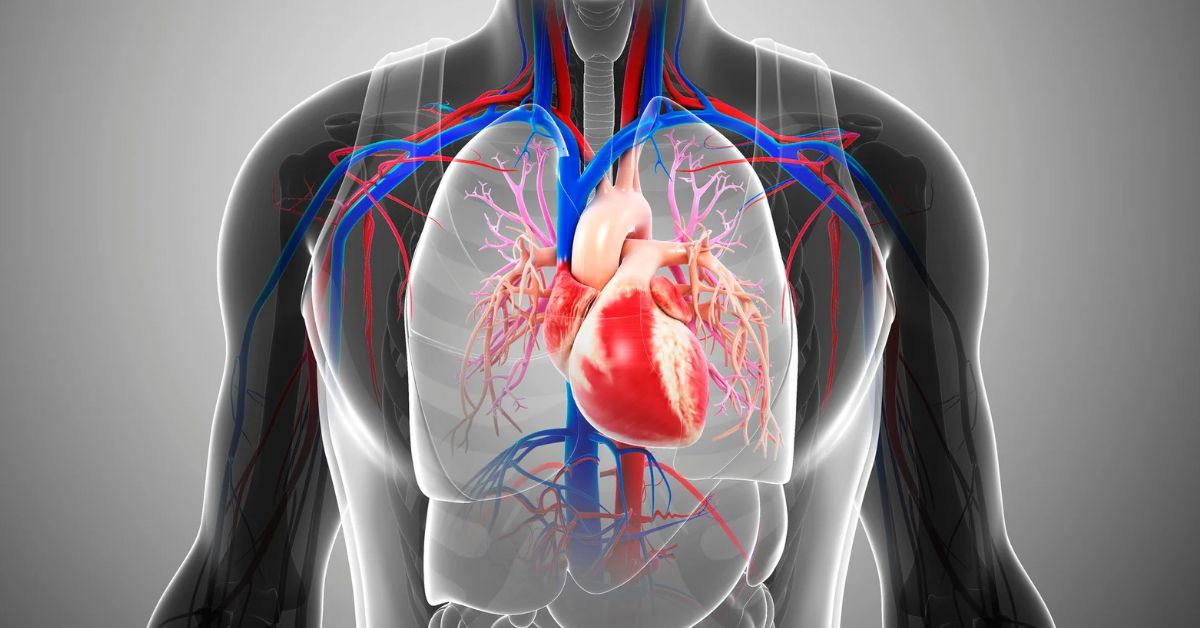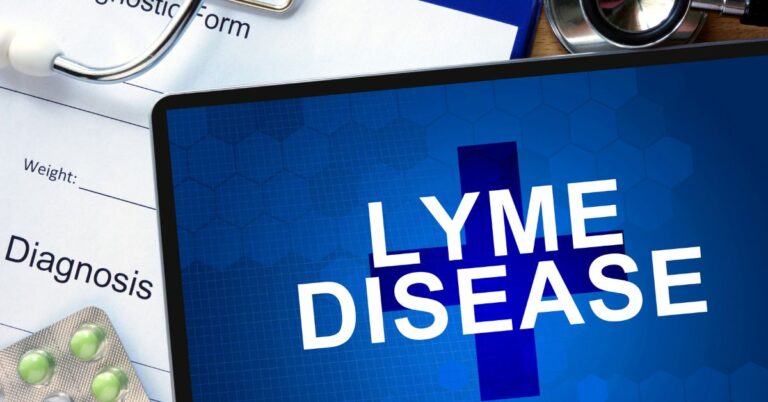Why Does My Heart Race at Rest? Causes & When to See a Doctor
You’re relaxing on the couch, minding your own business, scrolling through your phone, or about to catch some Z’s—and then, wham! Your heart starts pounding like it’s on a secret mission. While a racing heart (called tachycardia) during exercise is normal, feeling it at rest can be scary. But not every time it happens means you have a heart problem.
“Feeling your heart race even when you’re at rest is pretty common,” says Dr. Sarah Chambers, MD, a cardiologist at NYU Langone Health. “But it’s important to know that the situation matters—whether it’s a quick burst or a long-term problem, whether it happens often or rarely, and whether it comes with other symptoms.”
Let’s break down why this happens and how to know if it’s harmless—or something that requires medical attention.
Common Causes of Heart Palpitations at Rest
1. Anxiety or Stress
Even if you don’t feel stressed, your body might be in fight-or-flight mode. Anxiety can send adrenaline rushing through your veins, making your heart race.
- Signs: Feeling jittery, shortness of breath, chest tightness
- Tip: Try deep breathing or progressive muscle relaxation
2. Caffeine or Stimulants
That third coffee—or an energy drink—might be the culprit behind your jitters.
- Sources: Coffee, tea, soda, chocolate, pre-workout supplements
- Tip: Cut back slowly to avoid withdrawal symptoms
3. Dehydration or Electrolyte Imbalance
Low fluid or salt levels can stress your heart.
- Watch for: Dry mouth, dizziness, fatigue
- Solution: Rehydrate with water or an electrolyte-rich drink
4. Hormonal Changes
Hormonal changes, like during menopause, thyroid problems, or your period, can make your heart race.
“Women in perimenopause often report heart palpitations at night or during rest, linked to estrogen fluctuations,” notes Dr. Amanda Liu, DO, endocrinologist at Cleveland Clinic.
5. Medications or Supplements
Certain drugs, including decongestants, asthma inhalers, and weight-loss pills, can increase your resting heart rate.
6. Postural Orthostatic Tachycardia Syndrome (POTS)
This condition makes your heart race more than usual when you change positions or even when you’re just sitting still.
- Often seen in younger women
- Symptoms: Dizziness, brain fog, fatigue
Study Insights: Is It Serious?
A study from 2022 in the Journal of the American Heart Association revealed that folks with a resting heart rate above 100 beats per minute are more likely to develop heart problems if they don’t get proper medical attention. But don’t worry, short-term spikes caused by stress or caffeine are usually harmless.
Did you know that the average resting heart rate for adults is between 60 and 100 beats per minute? But guess what? Athletes often have lower rates, and temporary spikes aren’t usually a cause for concern.
When to See a Doctor
Seek medical care if your racing heart comes with:
- Chest pain or pressure
- Shortness of breath
- Fainting or near-fainting
- Confusion or lightheadedness
- Heart rate consistently over 100 bpm at rest
“If you have a fast heart rate that keeps coming back, it could be a sign of an underlying heart condition like atrial fibrillation or SVT,” says Dr. Chambers. “We suggest getting an ECG and maybe a Holter monitor to keep an eye on things.”
Use Mayo Clinic’s symptom checker or call your doctor for persistent or worrisome episodes.
Actionable Tips to Calm a Racing Heart Naturally
Try these at-home techniques to bring your heart rate down:
- Vagal maneuvers: Cough, bear down (like during a bowel movement), or splash cold water on your face
- Box breathing: Inhale for 4 seconds, hold 4, exhale 4, hold 4—repeat for a minute
- Reduce stimulants: Limit caffeine, alcohol, and nicotine
- Improve sleep: Use a nighttime wind-down routine to lower cortisol
You can also use cool gadgets like Fitbit or Apple Watch to keep an eye on your heart rate and share it with your doc.
Know What’s Normal—And What’s Not
Feeling a racing heart when you’re not stressed, dehydrated, or under hormonal influence is usually okay. But if it keeps happening or comes with other symptoms, it might be a sign of something more serious. Pay attention to your body and talk to a doctor if your heart rate goes up often or makes you feel uncomfortable. They can help figure out what’s going on and give you tips on how to manage it.
Check out the healthlynic ✔️approved range of products for Weight Loss, Improve metabolism and much more!







